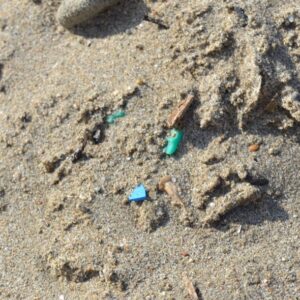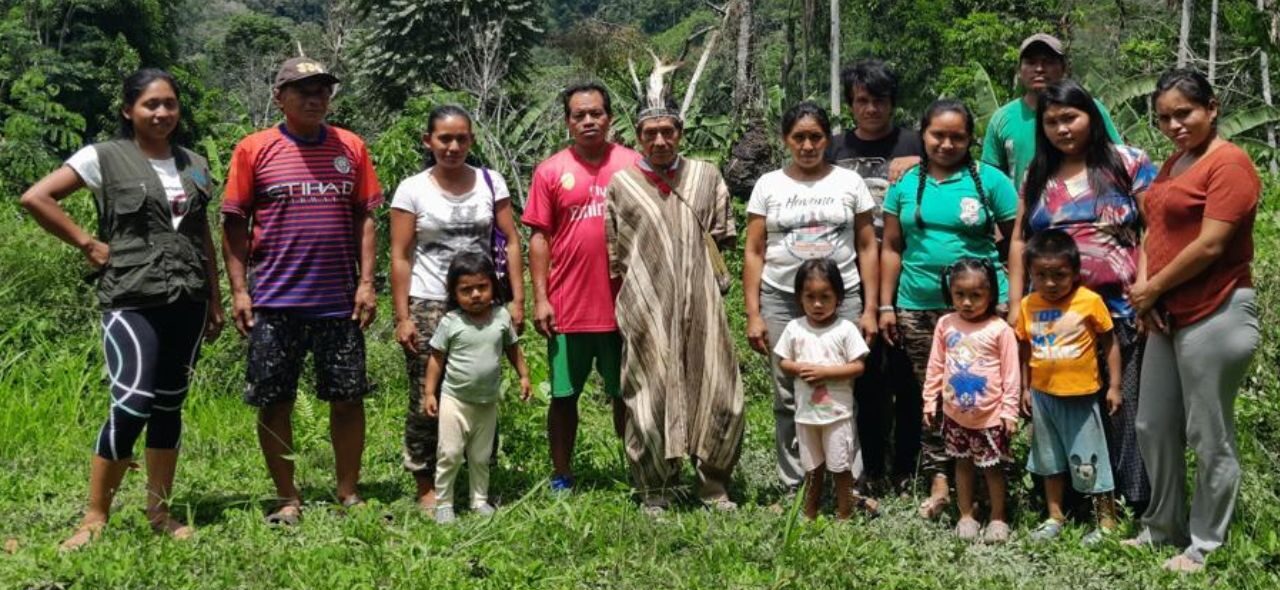
Students from Workshop in Monte Carmelo NC, October 2023
By Grazia Rabasa
In our ongoing commitment to environmental conservation, A Rocha Peru is excited to share some of the progress of our latest initiative, the Amazon Natural and Cultural Heritage Conservation project. Central to our project is the importance of preserving the Amazon rainforest and the rich cultural heritage of the Machigengan people.
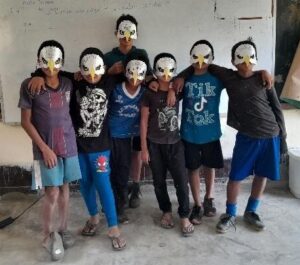
One of our project objectives is to enhance environmental awareness among the younger generation about the conservation of the forest, flora, and fauna. In 2023, the pilot created an eco-club called Katsari Forest in the primary school in Monte Carmelo. The eco-club has provided 66 enthusiastic students a platform to actively engage in environmental conservation efforts. Through a series of workshops, including discovering the world of birds, getting to know the tropical forests and discussions on deforestation, we are empowering these young minds to become advocates for their environment.
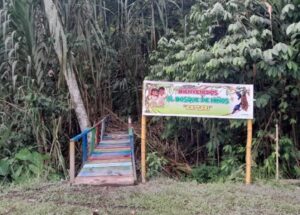
Moreover, our project extends beyond education to practical solutions like building a bridge to access the Bosques de los Niños (Children’s Forest). This bridge not only facilitates the children’s exploration of the forest but also symbolizes our dedication to fostering a deep connection between communities and their natural surroundings. By empowering communities, preserving cultural heritage, and safeguarding biodiversity, we are laying the groundwork for a sustainable future for both people and the planet.
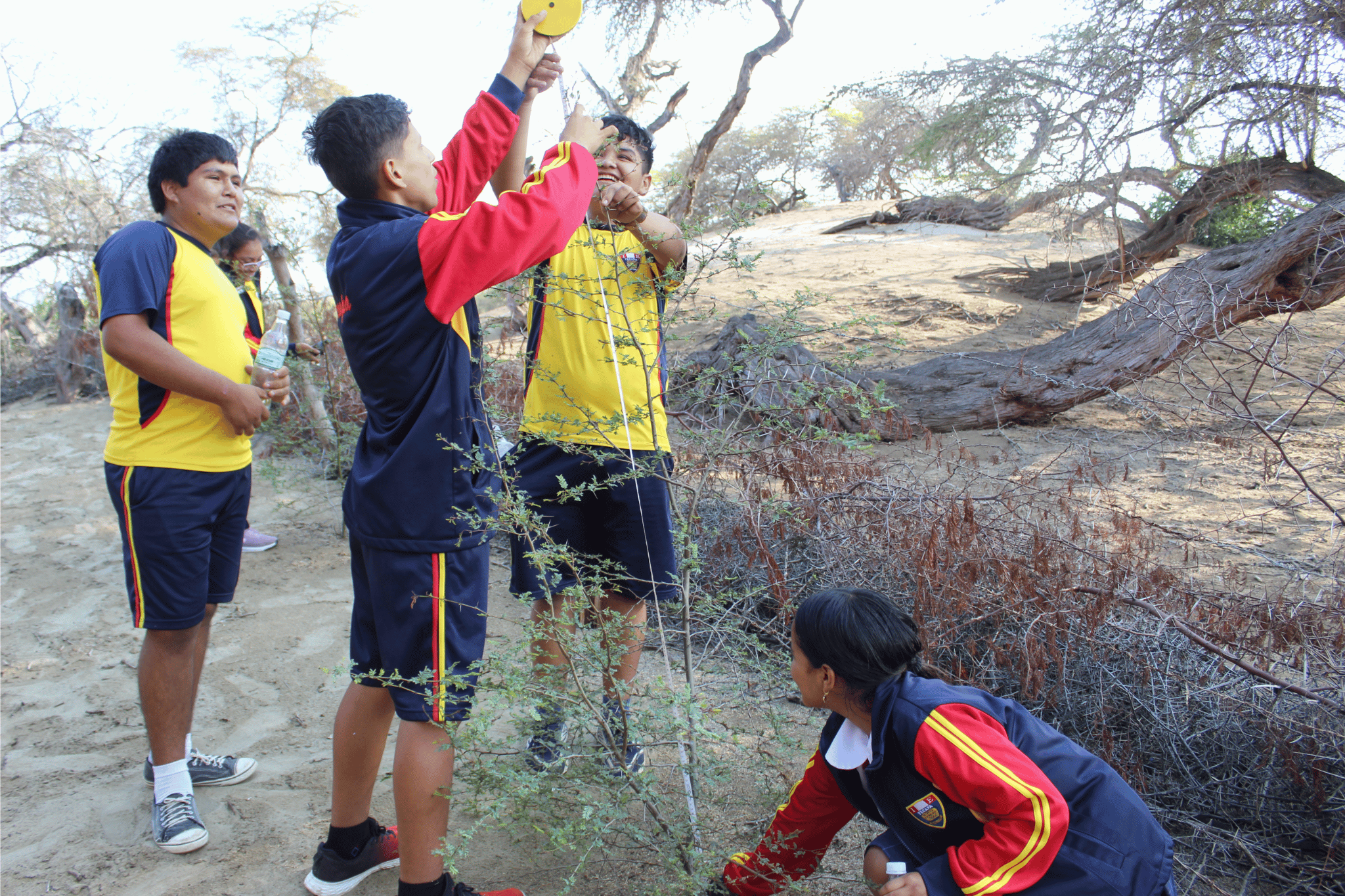
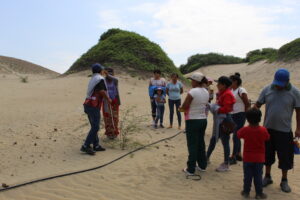
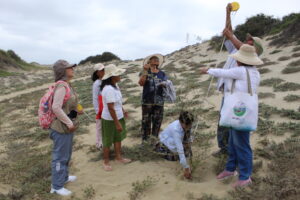
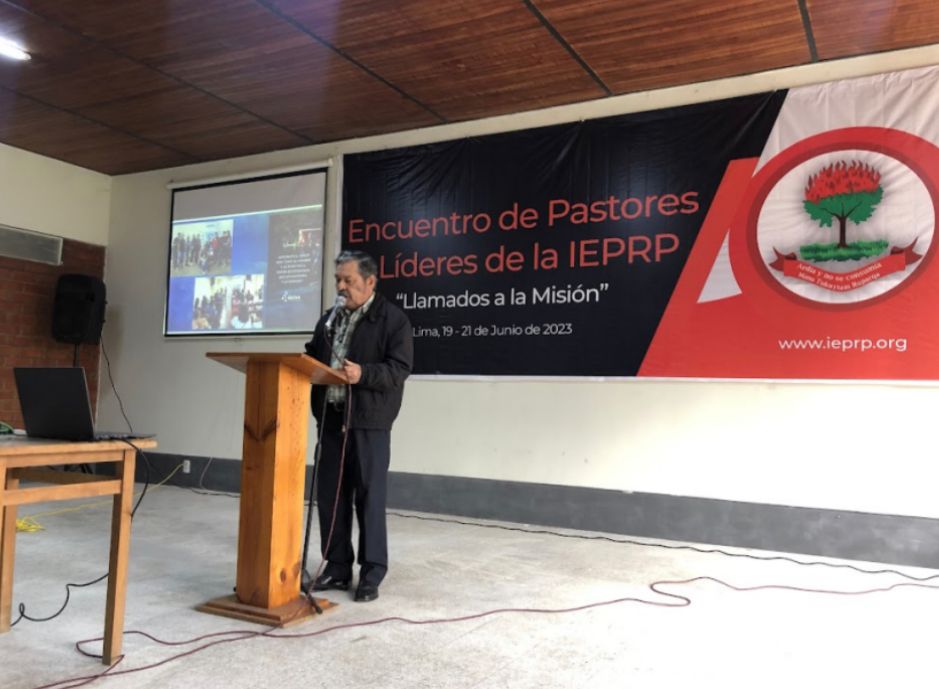
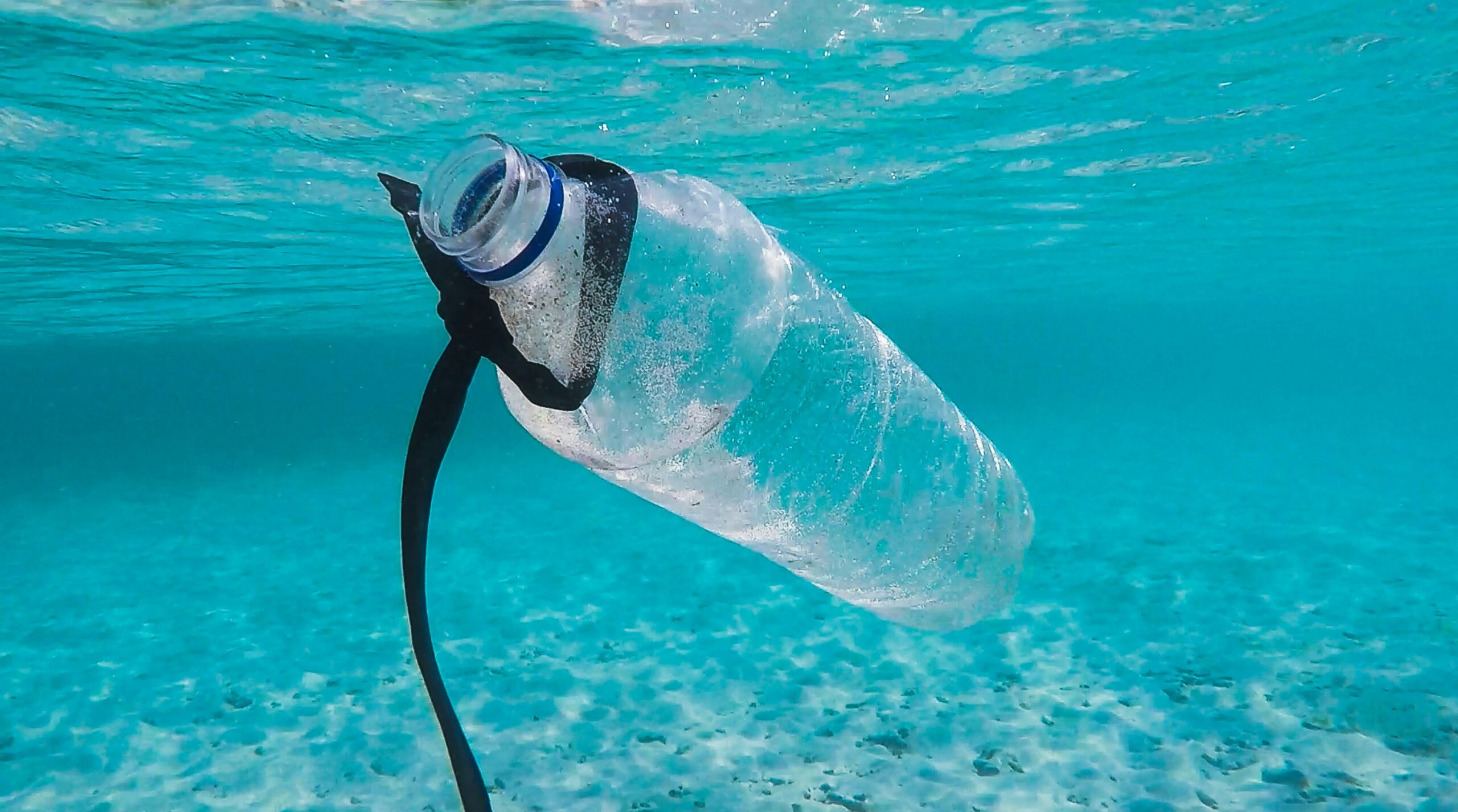 Plastic pollution (Image: Un Splash)
Plastic pollution (Image: Un Splash)